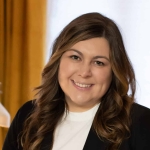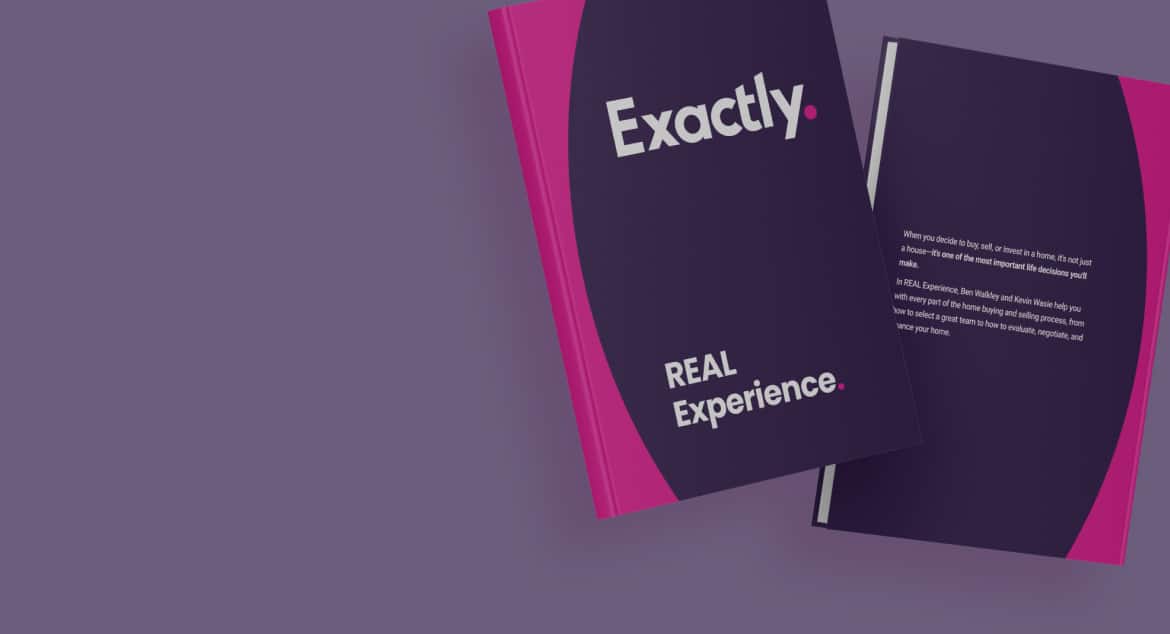Probate: The Word Nobody Wants to Google
If you’ve ever heard the word probate and immediately felt your eyes glaze over, you’re not alone. It sounds like paperwork, courtrooms, and legal jargon—and, to be fair, sometimes it is. But probate isn’t just a legal formality. It’s the process that determines what happens to everything a person owned after they pass away.
And whether you realize it or not, your family will deal with probate someday—either yours or someone else’s. Attorney Jeanette Mullett-Meisel describes it simply:
“Probate is the court-supervised process that happens after death. It’s how your assets are collected, debts are paid, and what’s left is distributed according to your will—or, if you don’t have one, according to Ohio law.”
Understanding that process before you need it is one of the kindest gifts you can give your family.
What Probate Actually Does
At its core, probate is about three things:
- Confirming who’s in charge – The court appoints an executor (if there’s a will) or an administrator (if there isn’t).
- Settling debts – Creditors and taxes must be paid before anyone inherits a dime.
- Distributing assets – Once debts are cleared, the executor distributes the remaining property to heirs.
Think of probate as the state’s way of keeping things orderly when someone dies—so no one pockets Grandma’s house before the electric bill is paid.
When Probate Is Required
In Ohio, probate is required for assets that:
- Were owned solely in the decedent’s name.
- Don’t have a named beneficiary (like a TOD or POD designation).
- Aren’t held in a trust.
That typically includes:
- Real estate (unless a Transfer on Death affidavit is filed).
- Vehicles titled only in the deceased person’s name.
- Personal property or bank accounts without co-owners.
Small estates under certain thresholds may qualify for simplified probate, but most families find that at least some assets must pass through the process.
How Long Does It Take?
Ohio law gives creditors six months after death to come forward. That means even the simplest estate can’t be fully closed before then. Most cases last 8–15 months, depending on how organized things are—and how many surprises pop up.
The larger or more complex the estate, the longer the timeline. Add in property to sell, heirs to locate, or disputes to resolve, and a year starts to look fast.
Why Probate Matters
Here’s the thing: probate is not just about death—it’s about preparation.
When families wait until someone passes to figure out what they owned, owed, or wished for, the process becomes stressful and expensive. But when you plan ahead—by naming beneficiaries, keeping records organized, and communicating openly—you can save months of headaches and thousands in fees.
Jeanette often reminds clients:
“The earlier you plan, the more choice you have. And having choices is what dignity looks like.”
How to Make Probate Easier on Your Family
- Have a current will or trust. Outdated documents create confusion.
- Name beneficiaries wherever possible. For homes, file a Transfer on Death designation; for accounts, use Payable on Death or Beneficiary forms.
- Keep everything in one place. Digital or physical—it doesn’t matter. Just make sure someone knows where it is.
- Talk about it. The hardest conversations are usually the most important ones.
Exactly’s Perspective
At Exactly Real Estate, we work alongside attorneys like Jeanette to help families manage the property side of estate transitions—before, during, and after probate. We’ve seen how a little forethought can make a big difference when emotions run high and paperwork runs deep.
Probate might be inevitable. Confusion isn’t.
About Jeanette Mullett-Meisel
 Jeanette Mullett-Meisel is a Wadsworth-based probate and estate attorney focused on estate planning, probate administration, and asset protection. She brings nearly two decades of experience as a psychologist into her law practice, approaching each family’s case with both expertise and empathy.
Jeanette Mullett-Meisel is a Wadsworth-based probate and estate attorney focused on estate planning, probate administration, and asset protection. She brings nearly two decades of experience as a psychologist into her law practice, approaching each family’s case with both expertise and empathy.
Visit Jeanette’s website here (https://ohioheritagelaw.com) to learn more.
Need help understanding what happens to real estate during probate?
Exactly connects families and fiduciaries with trusted Ohio estate attorneys to guide every step—from planning to closing.







